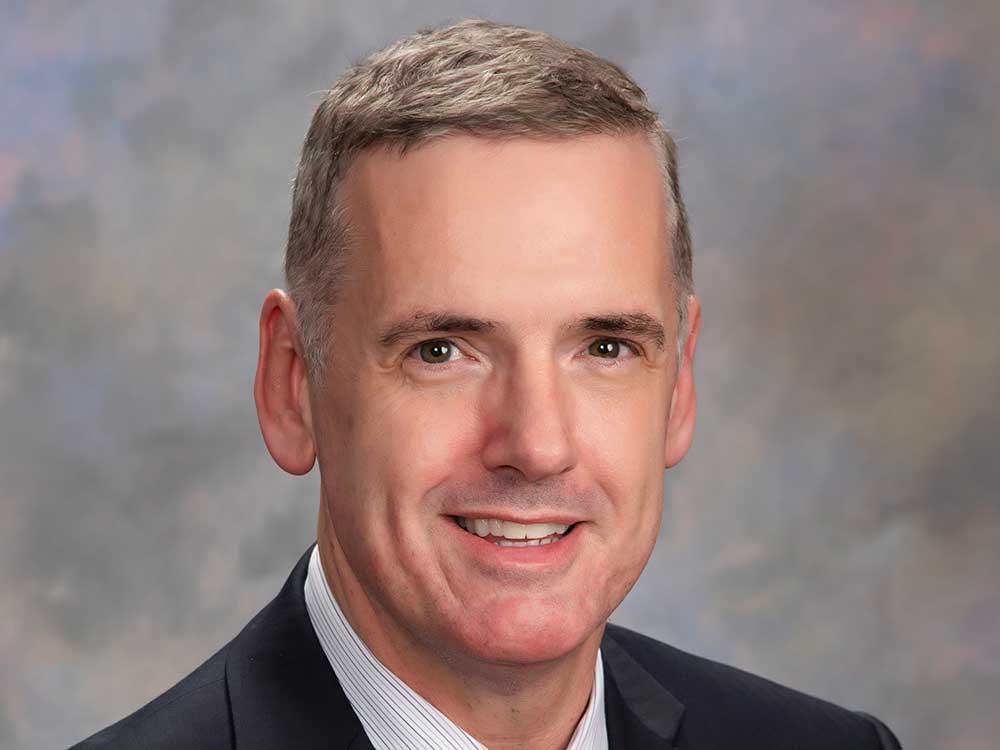
I want to start by thanking my dedicated Homeless and Housing staff for the incredible work they have done, and continue to do, this year. We know that housing and homelessness are still big problems in our community-we explain why in the article on homelessness. But we have been able to help so many people stay housed, find new housing, and as needed, find shelter.
In the past several months, we’ve launched two new initiatives that both address health issues that contribute to poverty. Our new Healthy Homes program will help hundreds of individuals breathe more easily when wildfires send toxic ash and particulates to their homes. We look forward to offering air purifiers and filters to folks qualifying for weatherization services.
In partnership with Umpqua Health, AllCare and the Oregon Health Authority, we are just beginning to provide a range of social services to residents on Medicaid. These services, like those keeping people housed, will reduce both individuals’ needs for health services and chronic health conditions that burden our communities. We are using funds made available to support this effort to integrate all services offered by UCAN and other partners, making it simpler for people to “get the right service at the right time.”
We are offering a great opportunity for partner agencies to increase their capacity by hosting AmeriCorps members. I am an enthusiastic supporter of AmeriCorps, as it develops a workforce that benefits our communities. We have seen many of our AmeriCorps alumni stay in our area after completing their service. We all benefit from the passion they bring to their service.
And we are again hosting a Cheese and Thank You event in Douglas County to raise funds for our regional food bank, Feeding Umpqua. The event runs the entire month of March. While we’ll receive donations for each item purchased, local residents will not only enjoy local eateries’ innovations on grilled cheese and other cheesy treats, but will also have chances to win some great prizes.
We are seeing less outside support for food purchases right now, while the need for emergency food is at record levels. So we’re hoping for a record level of cheese eaters. And if you can’t or don’t eat cheese, please consider a donation to Feeding Umpqua. As our team at Feeding Umpqua says: “You’ll be doing a world of Gouda!”
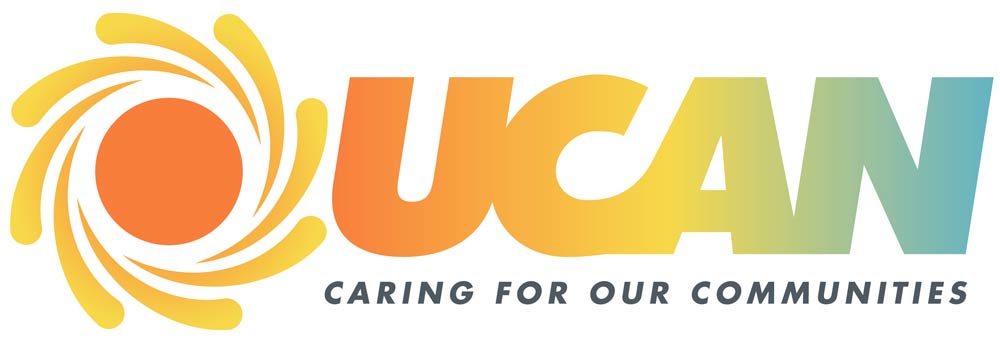
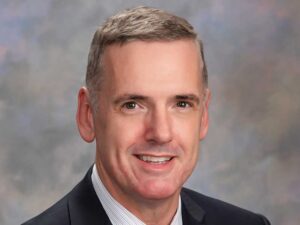
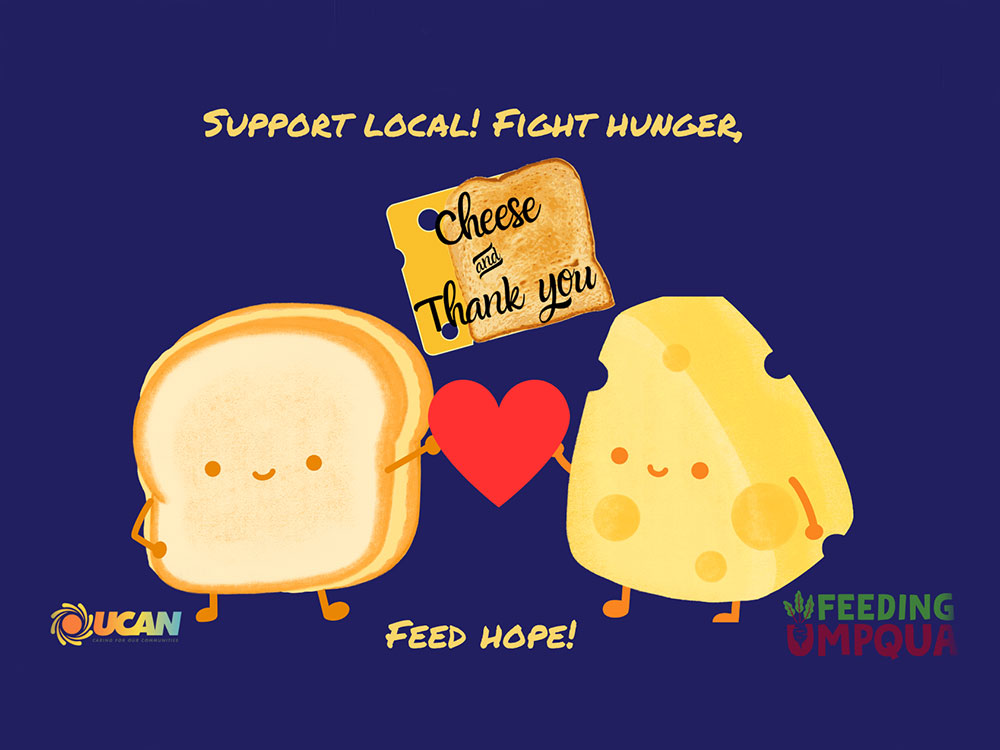
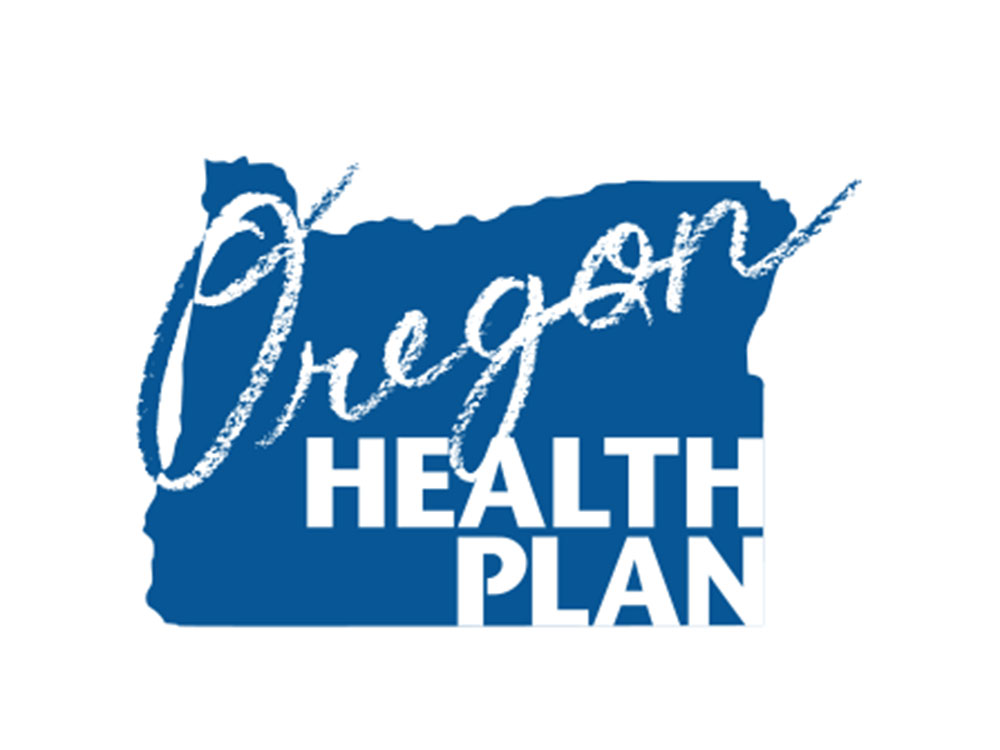
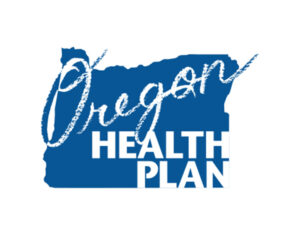

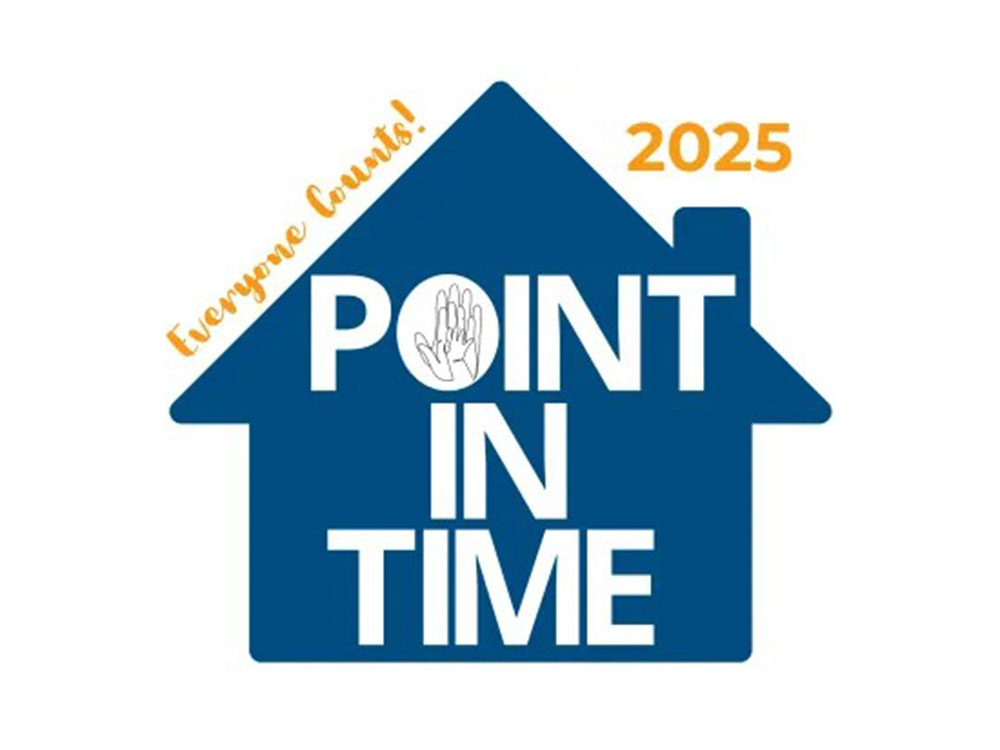
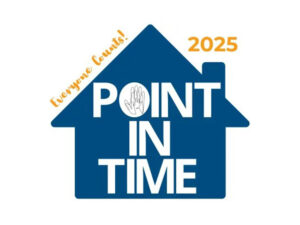
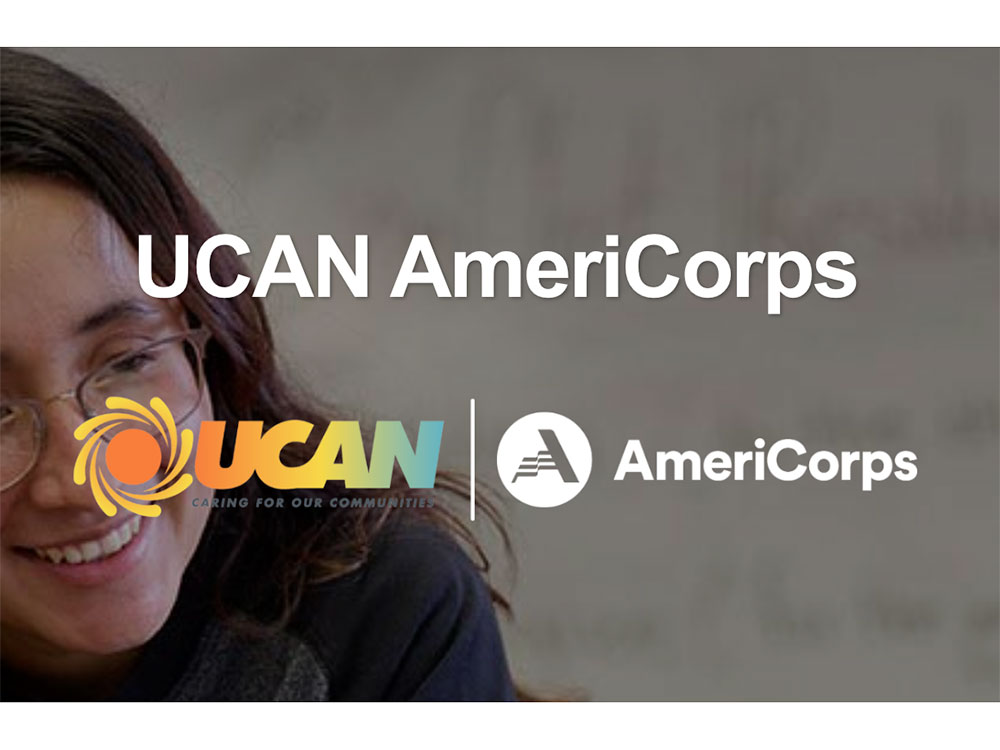
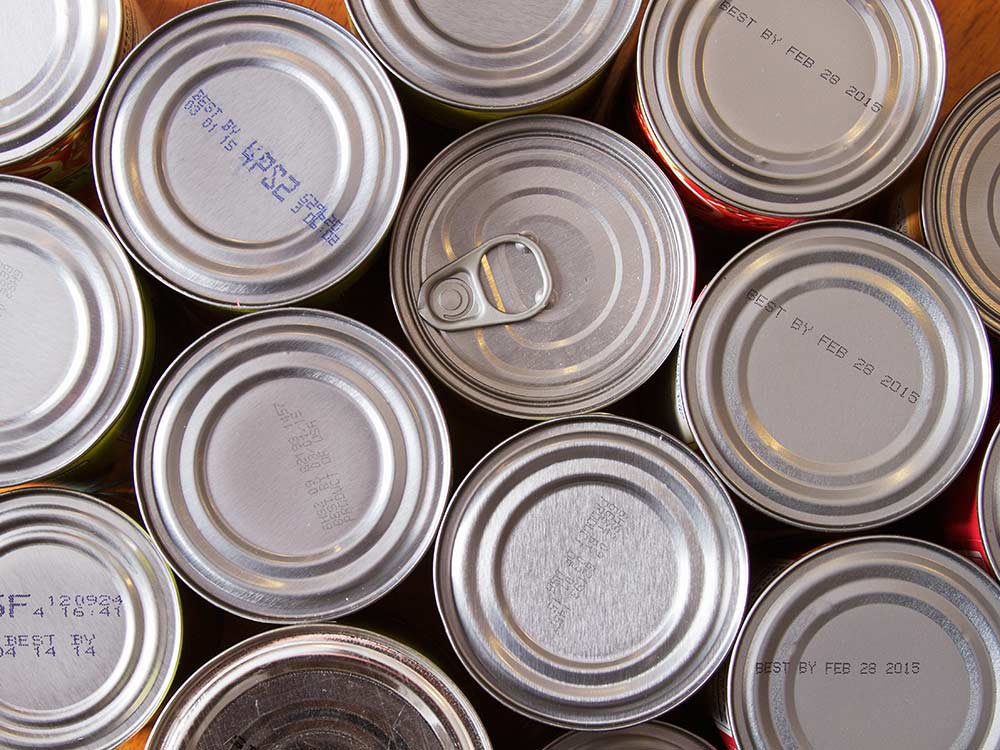


 After eight years in this position, the work continues to be very meaningful to her. For one, Ashley gets to work with families who live in communities similar to where she grew up and continues to live. While their circumstances may be very different from Ashley’s, they’re folks whose challenges she understands from having grown up here.
After eight years in this position, the work continues to be very meaningful to her. For one, Ashley gets to work with families who live in communities similar to where she grew up and continues to live. While their circumstances may be very different from Ashley’s, they’re folks whose challenges she understands from having grown up here.


